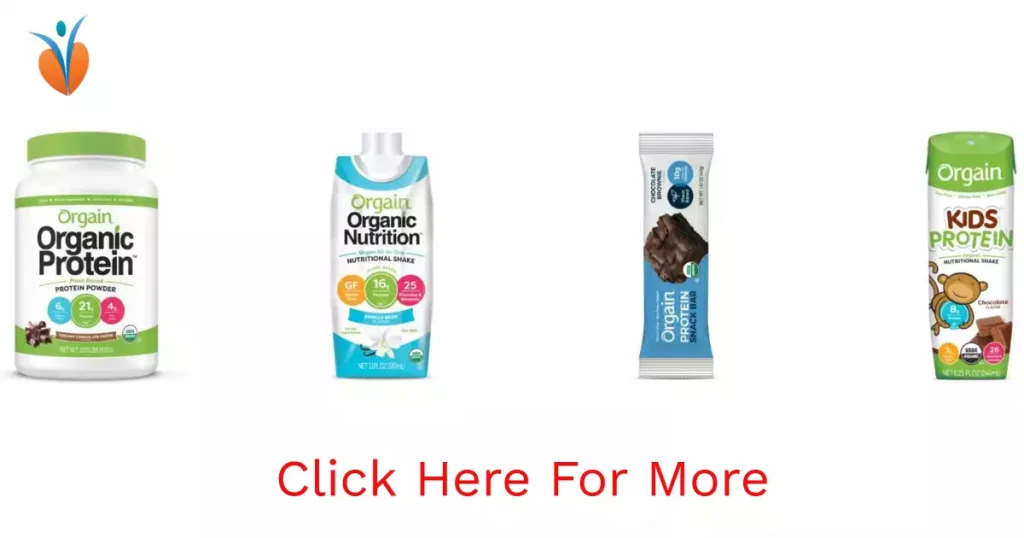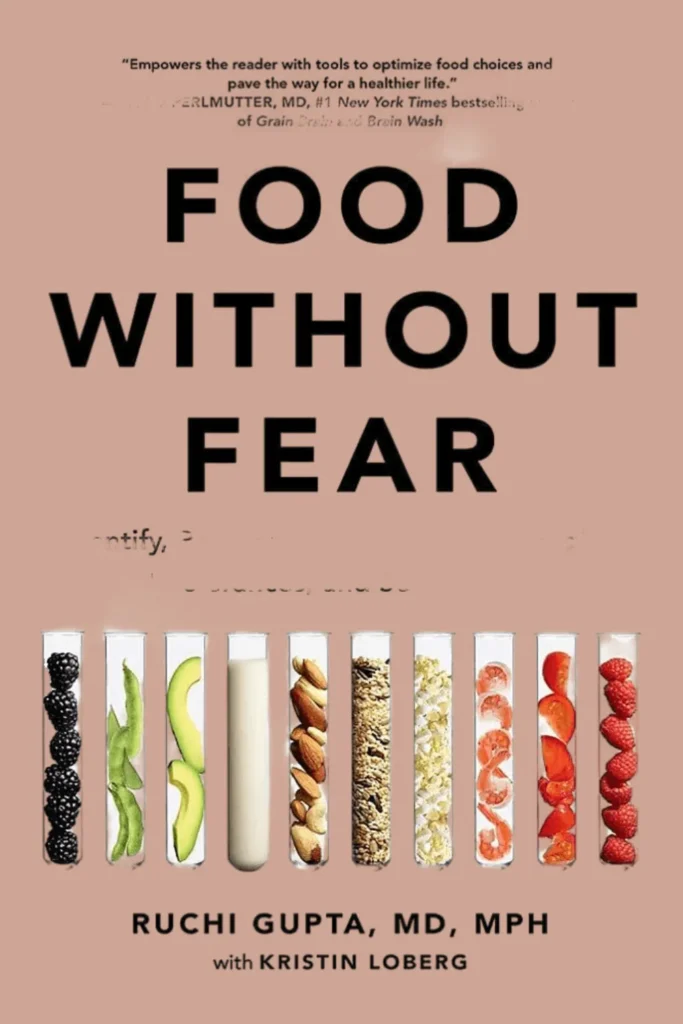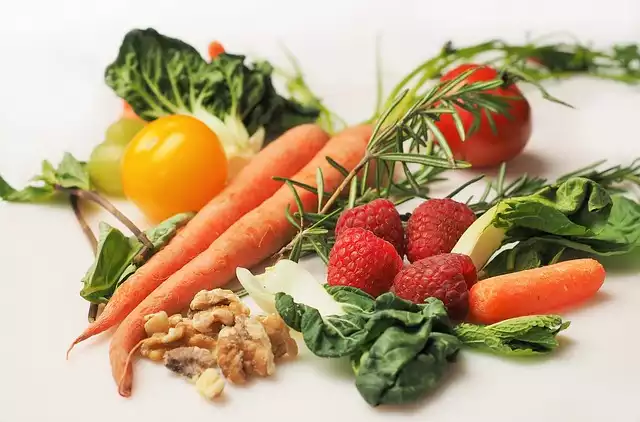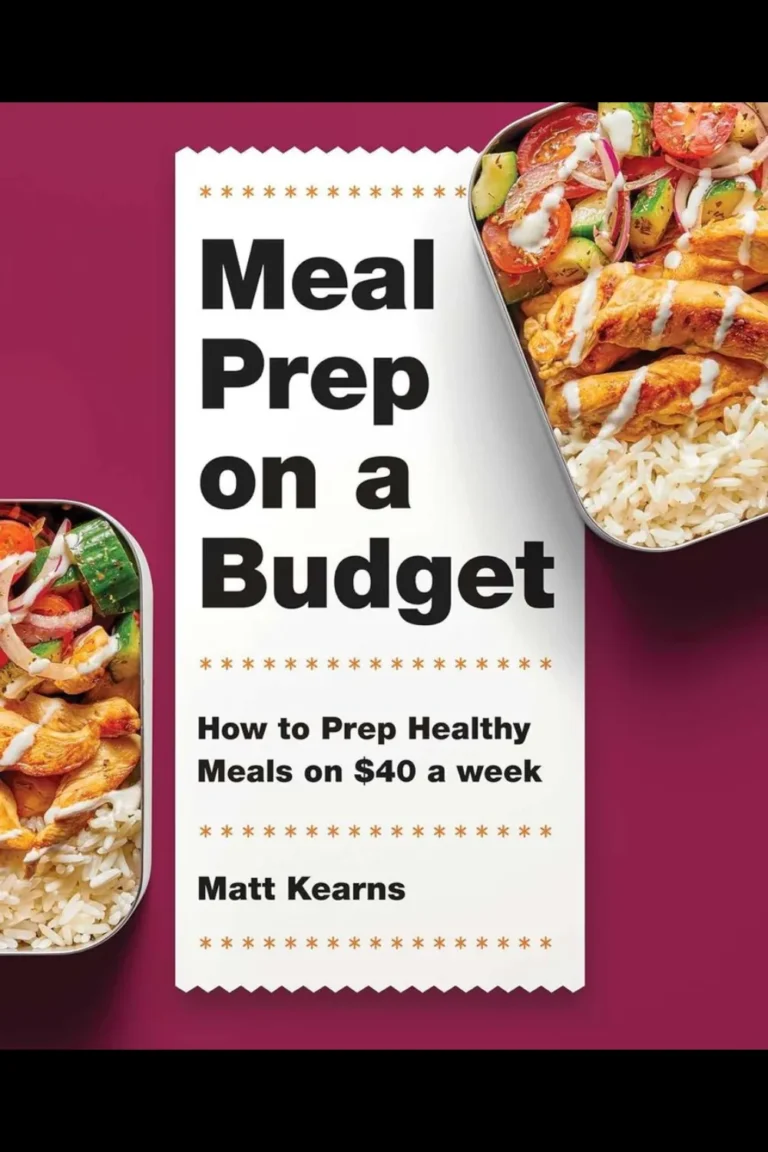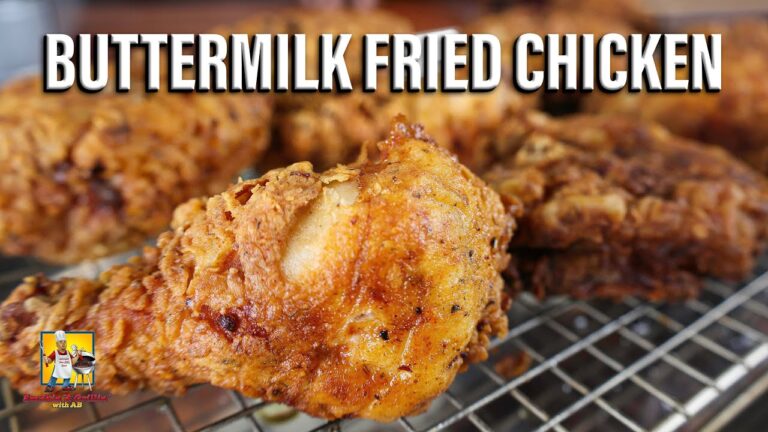Nutrition Without Regret
Getting the best nutrition for your body can help you stay healthy, and have a better quality of life.
Proper nutrition can be difficult to attain if you are not sure how to go about it.
The advice offered in this article will help you be on your way to Nutrition Without Regret and maintaining great nutrition.
A great nutritional tip is to subscribe to a magazine devoted to nutrition.
There are plenty of publications out there that offer interesting recipes, as well as, the latest information regarding health and nutrition.
Having a nutrition magazine like this, can make cooking at home, a lot more exciting.
Consume 600-900 mg of garlic, about 1 fresh clove, daily to help lower your cholesterol.
There have been many studies where people have used garlic for health reasons.
These studies have proven garlic is extremely beneficial in helping to lower total cholesterol, and in particular, LDL, the bad cholesterol and triglycerides.
Add more salads
Diving headfirst into the vibrant world of salads opens a treasure trove of nutrition that refuses to whisper any talk of regret.
This isn’t about your garden-variety lettuce-tomato-cucumber trio.
Think bolder – kale speckled with quinoa, chunks of avocado, and a sprinkle of nuts; or perhaps a rainbow plate of roasted beets, sweet potatoes, and red cabbage, all drizzled with a zesty lemon tahini dressing.
These are not just meals; they’re guilt-free tickets to exploring flavors and nutrients in every bite.
Add more salads to your daily routine and witness the transformation within you.
Salads aren’t mere side dishes anymore; they stand proud as main-course contenders capable of satisfying the most skeptical taste buds while packing each forkful with vitamins, minerals, and fiber essential for maintaining vitality.
The sheer versatility encourages culinary creativity – allowing one to easily cater to dietary preferences without compromise.
By doing so, you embrace an eating habit that is as nourishing for the body as it is liberating for the mind—nurturing a relationship with food where joy dances freely without fear of regret.
Avoid overworking your digestive track
Embarking on the journey of nutrition without regret involves honoring our body’s natural rhythms, recognizing the pivotal role our digestive track plays in overall well-being.
The quest isn’t about restrictive diets that leave us feeling deprived but finding a harmonious balance that brings joy and vitality.
To do so, we must learn the art of nourishment without overworking our all-important digestive system.
This means embracing meals that are not only delicious but also meticulously designed to be easily digestible, allowing our bodies to extract essential nutrients without excessive strain.
Imagine transforming your relationship with food into one where every bite is an investment in your health, sidestepping the remorse often associated with dietary choices.
Instead of burdening our digestive track with overly complex or hard-to-digest foods, we can choose ingredients and combinations wisely—opt for whole, unprocessed items and consider their preparation.
Fermented foods or a simple piece of ripe fruit could be keys to unlocking this effortless synergy between eating well and living fully, propelling you towards a state where nutrition truly comes without regret.
If you care about someone
If you care about someone, the best gift you can give them is the wisdom of Nutrition Without Regret.
This concept isn’t just about choosing kale over cake; it’s a deeper, transformative journey toward making food choices that resonate with our bodies and our planet.
Imagine every bite we take as a love letter to ourselves and an ode to Earth’s bounty, fostering a bond that’s nourishing, respectful, and sustainable.
In this liberating approach to nutrition, there’s no room for guilt or restrictive labels.
Instead, it cultivates an intuitive understanding of what your body truly craves and needs—be it the rich flavor of avocados brimming with healthy fats or the sweet burst of energy from sun-ripened berries.
When we eat with intent and mindfulness, our meals become a source of joy rather than regret, transforming our relationship with food one plate at a time.
If you genuinely care about someone—including yourself—embark on this fulfilling path where each meal celebrates life without any aftertaste of guilt.
Nutrition is a science
Embarking on a journey through the realm of nutrition, it’s pivotal to acknowledge that nutrition is not merely about what we consume; rather, it’s a comprehensive science intertwined with our daily lives.
This realization opens up an exhilarating pathway where dietary choices become more than just following trends or counting calories – they evolve into educated decisions based on understanding how different nutrients influence our body’s complex systems.
Here lies the opportunity to cultivate a relationship with food that is devoid of guilt and rich in satisfaction, effectively marrying pleasure with health.
The fascinating aspect of viewing nutrition through this scientific lens is that it dismantles the one-size-fits-all diet myth and ushers in the era of personalized nutrition.
By recognizing that each individual’s genetic makeup, lifestyle, and environmental factors uniquely influence their nutritional needs, we enter a state of empowerment.
This perspective encourages us to dive deeper into understanding our bodies better, guiding us towards making informed choices that nourish not only our physical being but also cater to our mental well-being.
The essence of achieving ‘Nutrition Without Regret’ lies here – in embracing the intricacies and celebrating the diversity within the science of food.
Portions reasonable to your body size
Try resisting the urge to get up, and fill up your plate with that second helping. Look online to see the recommended potions of food that you should be having for a variety of foods such as meat, dairy, and whole grains.
Embracing the philosophy of nutrition without regret involves a harmonious blend of mindfulness and science, especially when it comes to portion control.
It’s not about restricting your food intake but tailoring portions reasonable to your body size, ensuring you fuel yourself with exactly what you need – no more, no less.
The art lies in listening to your body’s cues; its innate wisdom knows precisely the nourishment required for vitality and strength.
This approach transforms mealtime into an experience rather than a routine task.
Think of your plate as a canvas where each nutrient plays a crucial role in crafting the masterpiece that is your health.
By being detailed and intentional with portions aligned to personal energy expenditure, we cultivate a respect for food and our bodies unlike any other.
This isn’t just eating; it’s an act of self-love so profound that regret has no place at the table.
Lower your sodium intake
Embarking on a nutrition journey doesn’t have to mean waving a white flag of surrender to bland, tasteless meals.
Lowering your sodium intake is often draped in myths of perpetual dietary gloom, but it opens up a vibrant world of flavors and health benefits waiting to be explored.
With the strategic use of herbs and spices, you can unlock delicious depths in your favorite dishes without relying on the crutch of salt.
This deliberate shift not just enriches your palate but also paves the way for a heart-healthy lifestyle, reducing risks associated with high blood pressure and stroke.
But let’s take this narrative beyond mere substitution.
Consider the process an opportunity to reinvent your cooking style entirely – where fresh produce becomes the star rather than an afterthought, and quality ingredients speak volumes in their natural state.
By emphasizing whole foods and embracing techniques like roasting or grilling that highlight their inherent flavors, you lower your sodium intake naturally without sacrificing satisfaction at the dining table.
It’s less about restriction and more about discovery—finding joy in wholesome nutrition that leaves no room for regret.
By using fresh herbs in everything from sandwiches to vegetables to eggs, you can amp up the flavor without the negative health effects of sodium.
Herbs are simple to grow on your kitchen windowsill or porch and therefore, can be easily accessible whenever you need them.
To help your body fight off diseases
Eat plenty of foods containing Vitamin D. Vitamin D helps to regulate your body’s immune system responses, and lowers the risk of many infections. It can also prevent chronic fatigue. Foods rich in Vitamin D include salmon, eggs, and tuna. Milk is another excellent source.
Meat is a very important source of protein nutrition. Leans meats can make you feel fuller longer, offer your body a fuel source, and help you reduce weight gain. You should avoid fatty meats or meat that is deep fried. This can actually add more unneeded calories into your diet.
Another great tip for getting good nutrition
Is to calculate how many calories you are taking in every day. Get a pen and paper or use your computer to jot down all of the calorie information for each food item you plan to eat for the day. This will give you a sense of just how much food you are really eating, and it will allow you to set goals to better balance out your meals.
For a quality nutrition plan
Avoid eating foods that are rich in fat, saturated fat, monounsaturated fat, or polyunsaturated fat. All fat is fat, the terms they use simply mean “deep-fried” or chemically altered. No matter how you look at it, eating too much fat is absolutely horrible for your body.
Very few people realize
that if you feel full, you’ve already eaten too much. For this reason, dieticians and nutritionists recommend slow, measured bites of food punctuated by long, full gulps of water. This guarantees that you never reach that extremely uncomfortable, bloated point that follows a hastily eaten and improperly enjoyed meal.
As wonderful as it feels to find a delicious
distinctive food that is both crave-worthy and good for you,it is important to pace yourself. Believe it or not, even the most delightful treat will get old if you make it the focus of your diet. Avoid burnout; mix it up a little to keep yourself interested and inspired.
Fuel your body.
A lack of energy could be more to do with a lack of carbs than a lack of sleep. If you feel constantly drained of energy, try eating more vegetables, fruits and grains. In addition to being packed with vitamins and minerals, they are low in fat and an excellent source of complex carbohydrates.
As was stated earlier in the article, proper nutrition is a must for people who want to be healthy. The tips you have just read are meant to help you learn how to manage your nutritional goals, and put them into motion. Following the advice in the article will help you look and feel at your very best!
